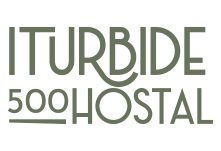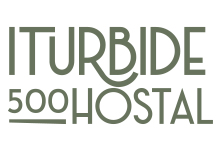Project echo is a model of telementoring, which connects primary care doctors with multi-disciplinary teams. This model is designed to enhance care for patients suffering from complex health issues, particularly in communities with low access to healthcare.
The ECHO model was developed at the University of New Mexico in 2003 and was primarily focused on treating hepatitis C patients from populations that are underserved and prisons. The ECHO model has since been replicated throughout the world in a variety of clinical areas including diabetes, asthma, chronic pain and Rheumatology. The ECHO model has been backed by the Robert Wood Johnson Foundation as well as the Agency for Healthcare Research and Quality (AHRQ), the GE Foundation http://projectechonevada.com/best-healthcare-providers-in-2021/ and the Leona M. and Harry B Helmsley Charitable Trust.
During ECHO sessions, participants present de-identified case studies and participate in group discussions with experts in the field via videoconferencing. In this “all teach, all learn” format, experts share their knowledge and experiences with others in order to help answer questions, give feedback, and offer clinical recommendations.
The ECHO model also allows for remote monitoring of patient outcomes. Specialists at the University of New Mexico follow the treatment plans of each community provider to ensure that their patients are receiving top-quality treatment. The specialists are able to make mid-course adjustments when a patient does not adhere to the prescribed therapy. This can avoid treatment failure and increases the likelihood of having a positive outcome. Additionally, specialists can utilize the ECHO system to monitor data and spot gaps in treatment. The information is then given to local physicians to assist them in better serving their patients.

